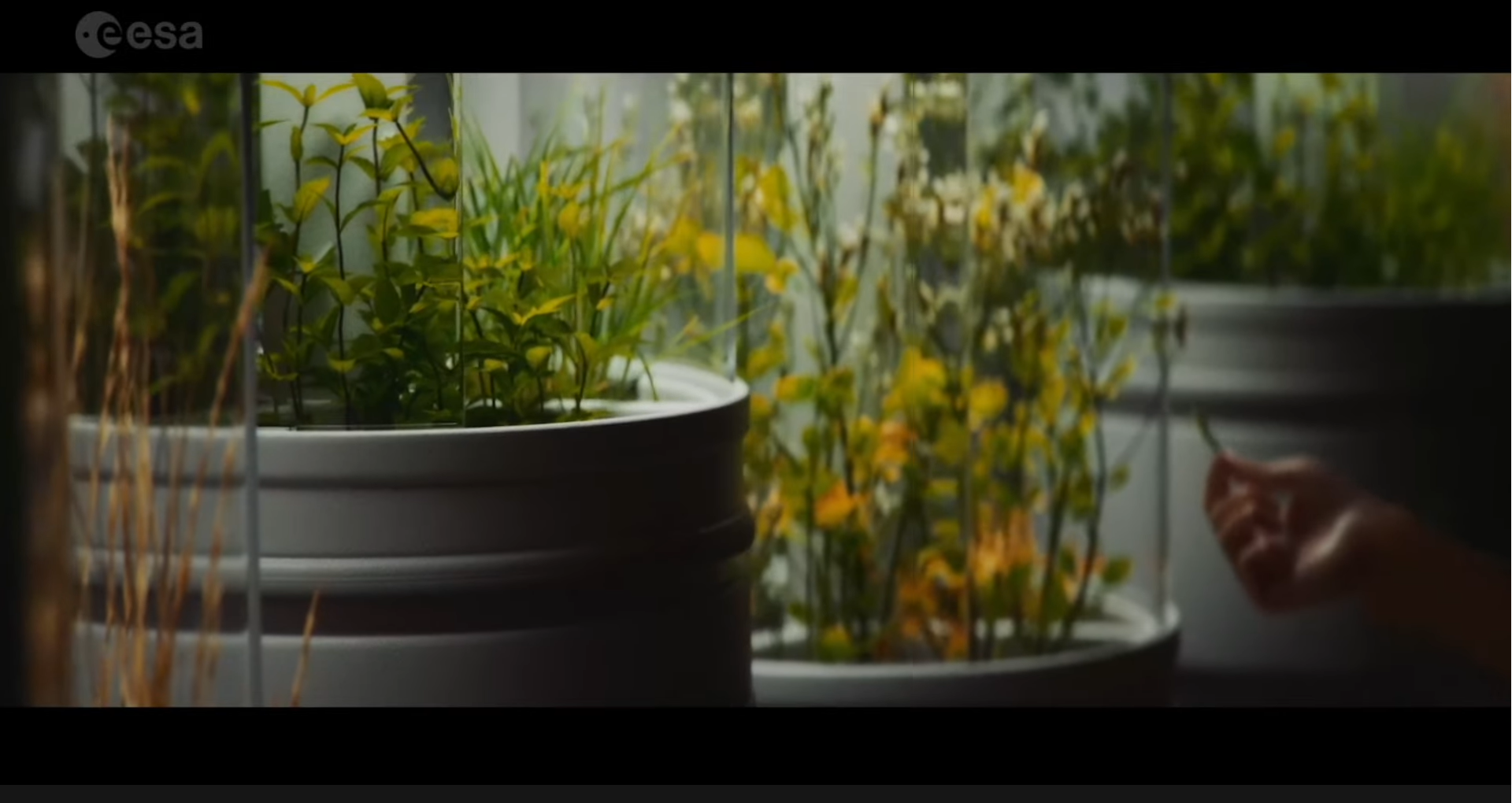Science
Astronauts Could Soon Brew Tea on the Moon, Study Reveals

Space agencies, including NASA, the European Space Agency (ESA), and the China National Space Agency (CNSA), are making significant strides towards returning astronauts to the Moon. This effort marks the first lunar missions since the Apollo era, posing substantial challenges, particularly in terms of resupply logistics. Unlike the International Space Station, which can receive supplies within hours via a Falcon 9 rocket, missions to the Moon require more robust launch vehicles and take approximately three days for delivery.
To address these logistical hurdles, space agencies are developing technologies for In-Situ Resource Utilization (ISRU). This approach focuses on harvesting local resources for essentials like water, propellant, and food. One promising finding from recent research indicates that tea leaves can be cultivated in lunar soil. Conducted by a team from the University of Kent, the study showcases the potential for sustainable food sources during extended lunar missions.
Research Highlights Growth of Tea in Lunar Soil
The research was spearheaded by Professor Nigel Mason and Dr. Sara Lopez-Gomollon, who partnered with Dartmoor Estate Tea, Lightcurve Films, and Europlanet. The project began when Maarten Roos-Serote, a freelance planetary scientist, attended a presentation on space agriculture at Kent’s School of Natural Sciences. He subsequently collaborated with Jo Harper, co-founder of Dartmoor Estate Tea, who provided the tea plants for experimentation.
In the study, saplings were planted in lunar and Martian soil simulants. The research team meticulously controlled conditions such as temperature, humidity, and lighting to replicate a space habitat. Over several weeks, they monitored plant growth, comparing results with a control sample planted in Devonian soil.
Jo Harper commented on the findings, highlighting the success of the tea plants in the lunar soil simulant. The results indicated that these plants took root and thrived similarly to those grown in the control group, while the plants in Martian soil simulant did not survive.
Implications for Lunar Exploration and Earth
This research is particularly encouraging for astronauts participating in the upcoming Artemis Program and other lunar exploration initiatives. While crewed missions to Mars remain decades away, the ability to grow food on the Moon could significantly enhance the sustainability of long-term missions.
Professor Mason noted the broader implications of this research for agricultural practices on Earth. Understanding how plants can thrive in extraterrestrial soil could offer valuable insights into growing crops in harsh environments affected by climate change and soil degradation. This knowledge could aid efforts to restore previously fertile lands and develop viable growing conditions in sterile areas.
The research team aims to delve deeper into the physiological responses of plants grown in lunar soil simulants. Dr. Lopez-Gomollon expressed enthusiasm for future experiments involving other crops, which could expand the possibilities for cultivating food in space.
The findings were shared at Europe’s first space agriculture workshop held in Bratislava, Slovakia, on March 15, 2024, marking a significant step in the journey towards sustainable space exploration and agricultural innovation.
-

 Lifestyle4 months ago
Lifestyle4 months agoLibraries Challenge Rising E-Book Costs Amid Growing Demand
-

 Sports3 months ago
Sports3 months agoTyreek Hill Responds to Tua Tagovailoa’s Comments on Team Dynamics
-

 Sports3 months ago
Sports3 months agoLiverpool Secures Agreement to Sign Young Striker Will Wright
-

 Lifestyle3 months ago
Lifestyle3 months agoSave Your Split Tomatoes: Expert Tips for Gardeners
-

 Lifestyle3 months ago
Lifestyle3 months agoPrincess Beatrice’s Daughter Athena Joins Siblings at London Parade
-

 World3 months ago
World3 months agoWinter Storms Lash New South Wales with Snow, Flood Risks
-

 Science4 months ago
Science4 months agoTrump Administration Moves to Repeal Key Climate Regulation
-

 Science3 months ago
Science3 months agoSan Francisco Hosts Unique Contest to Identify “Performative Males”
-

 Business4 months ago
Business4 months agoSoFi Technologies Shares Slip 2% Following Insider Stock Sale
-

 Science4 months ago
Science4 months agoNew Tool Reveals Link Between Horse Coat Condition and Parasites
-

 Sports4 months ago
Sports4 months agoElon Musk Sculpture Travels From Utah to Yosemite National Park
-

 Science4 months ago
Science4 months agoNew Study Confirms Humans Transported Stonehenge Bluestones









